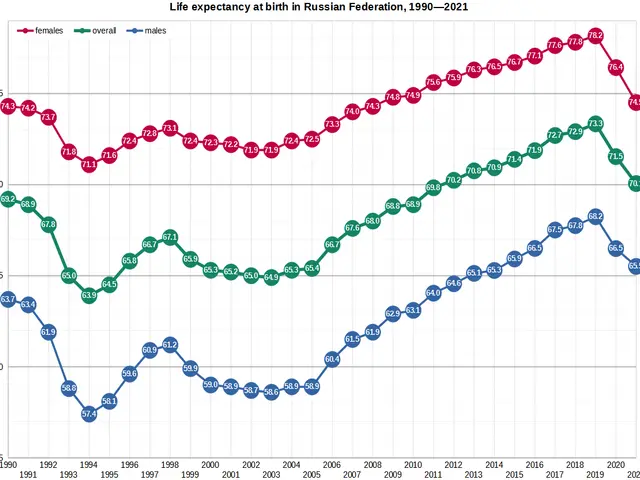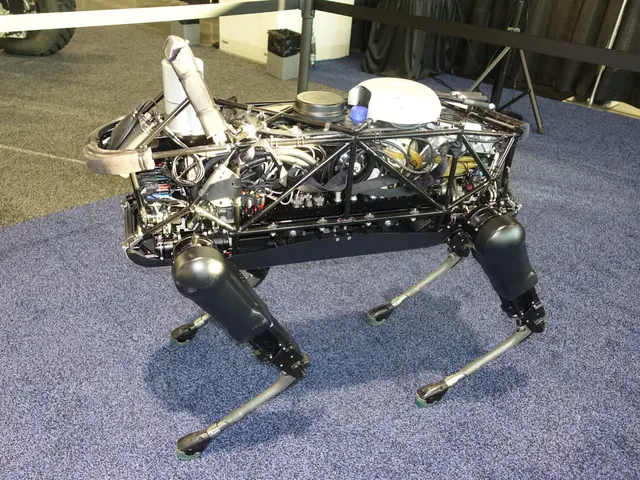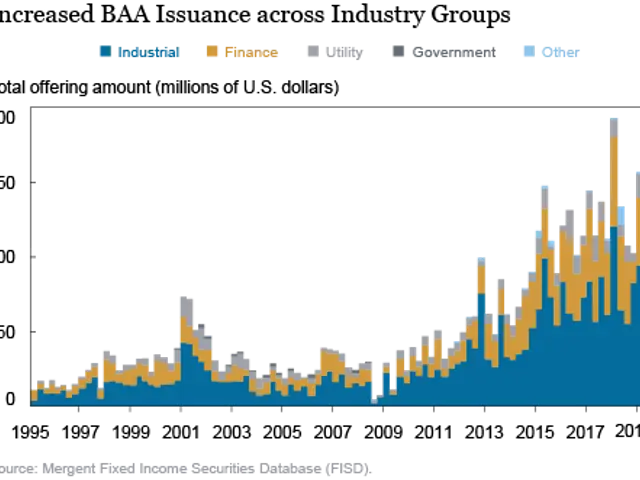The Impact of Quantum Computing on Defense Operations
Hey there! Let's chat about quantum computing, shall we? This fancy technology is like the superhero sidekick of classic computing, leveraging the principles of quantum mechanics to process data like nobody's business. In the defense industry, quantum computing is just the trick for high-speed information processing, enhancing security, data analysis, and operational strategies.
Let's break it down:
decoding quantum computing
Quantum computing is made up of three vital components: qubits, superposition, and entanglement.
Qubits get the show started
Qubits, or quantum bits, are the bread and butter of quantum computing. Unlike our classical bits, qubits can perform complex calculations way beyond what classic computers can handle, thanks to the magic of superposition and entanglement.
Superposition: the mystery multiplier
Superposition is one of quantum computing's fundamental principles. It allows for the mixture of multiple quantum states, where one qubit can be in a state of ∣0⟩ or ∣1⟩, but also both at the same time!
Entanglement: besties from a distance
Entanglement is a quantum physics phenomenon that ties qubits together, linking them regardless of their distance. Thanks to entanglement, quantum computing lets us manipulate a bunch of qubits at the same time because they're all bobbing along together.
classical vs. quantum computing: the showdown
Quantum computers are speed demons compared to classic computers. They can handle multiple computations simultaneously, while classic computers have to work one problem at a time. Quantum computers also use quantum gates instead of logic gates, employing the power of superposition and entanglement in their calculations.
quantum champions: who's leading the pack?
The US and China are on a mission to unlock the secrets of quantum technology, leading the way on research and development. The US has authorized new investments in quantum research and set a sizable budget for military quantum projects, while China plans to invest billions in the coming years, hoping to steal a march on the competition.
quantum applications: defending our turf
Quantum Sensing: the super spy
Quantum sensors can detect the tiniest changes in physical parameters, like magnetic and electrical fields. That makes them super spies for submarine or mine detection!
Quantum Communication: secrets and lies
Quantum communication offers a secure way to communicate over channels that are resistant to eavesdropping. Tapping into this encryption method is impossible without altering the system's state, making it incredibly safe for sensitive military communications.
Quantum Machine Learning: the IQ boost
Merging quantum computing with machine learning can give machine learning tools a massive brainpower boost, speeding up their performance in various applications, such as predictive maintenance, simulations, and data processing.
Quantum Radar: the stealth buster
Quantum radar can detect objects using entangled photons instead of reflected radio waves, providing enhanced sensitivity and resistance to jamming.
strategic challenges: the quantum conundrum
Advances in quantum technology still face challenges before they can be widely adopted. Large-scale implementation requires addressing issues related to qubit scalability, coherence time, and error resistance. Furthermore, a larger pool of quantum computing specialists may be needed to maintain quantum ecosystems.
ethical and regulatory concerns
As quantum technology is still in its infancy, there are concerns about potential abuses, such as human DNA manipulation, the creation of new war materials, and intrusive AI. Although quantum technology doesn't generate new weapons directly, it can enhance existing technology to boost its capabilities.
the quantum future: a brighter tomorrow
The potential of quantum computers to transform the defense sector is immense, improving data processing, ensuring high-security communications, and creating more advanced radars. However, challenges in large-scale implementation must be overcome before widespread adoption can happen. To harness these capabilities effectively, continued international collaboration and investment will be crucial.
bonus content: how Cevians fits into the quantum picture
Cevians' technology will play a crucial role in the integration of quantum computing in defense and avionic applications, supporting high-resolution LCD and OLED displays for secure communications, imaging, and surveillance systems, as well as in tactical and flight deck computers. Additionally, Cevians' optical technology will protect sensitive information on quantum computers and mobile devices, providing EMI shielding solutions and NVIS products.
Have fun exploring the fascinating world of quantum computing and its potential impact on the defense sector!
- In the realm of finance, the advancement of quantum computing could lead to revolutionary changes in risk analysis, modeling, and optimization, as these technologies allow for complex computations that traditional computers can't handle, potentially offering a competitive edge to those who harness its power.
- As technology continues to advance, sports could also benefit from quantum computing. For instance, it could be used to analyze athlete performance data in real-time, providing insights that can lead to improvements in training techniques and injury prevention strategies, ultimately paving the way for a new era in sports performance and medicine.






